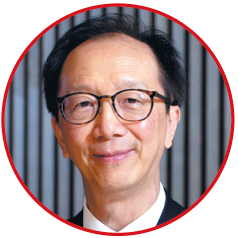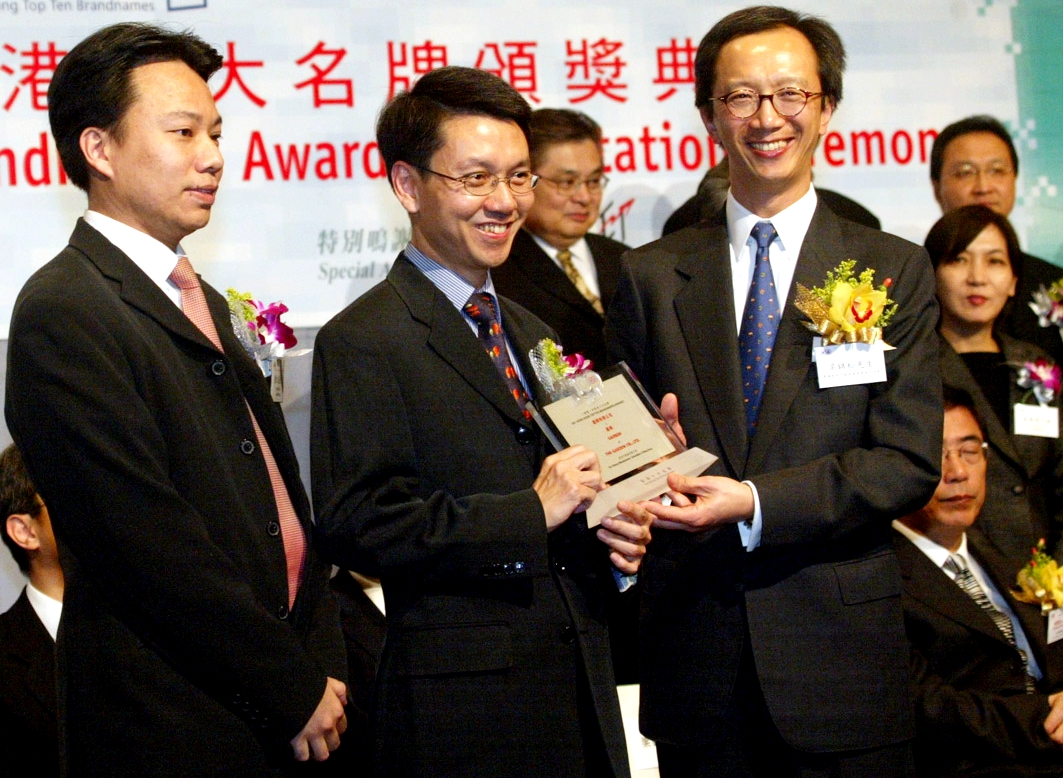
Jan 29, 1952, in Hong Kong
EDUCATION:
1973: Bachelor of social sciences, economics and statistics, University of Hong Kong
1982: Management development program, Harvard Business School
1999: Advanced management program, Harvard Business School
CAREER:
1973-96: Currency trader and regional manager in New York and across Asia, Citigroup
1990-98: Chairman, Hong Kong University Grants Committee
1996-2001: Head of Greater China and the Philippines, Chase Manhattan Bank (now JPMorgan Chase)
1997-2001: Non-official member, Hong Kong Executive Council
1998-2001: Chairman, Hong Kong Education Commission
2000-01: Chairman in Asia-Pacific, JPMorgan Chase
2001-03: Financial secretary, Hong Kong
2007-14: Senior managing director and chairman for Greater China, The Blackstone Group
2014-present: Chairman and CEO, Nan Fung Group
2016-present: Co-founder and chairman, New Frontier Group
The banker who helped build Greater Bay Area

Although the Guangdong-Hong Kong-Macao Greater Bay Area is now economically developed, that was not the case years ago.
Antony Leung Kam-chung remembers a childhood visit to his ancestral home in Guangdong province at age 10, when poverty was a way of life.
That part of the Bay Area, across the border from Hong Kong, became part of the Chinese miracle. Leung contributed to making that miracle happen, and made his fortune.
"I remember going back to my ancestral home in Shunde, now part of Foshan city on the west coast of the Pearl River Estuary," Leung said. "There was no electricity at home.
"We used kerosene lamps for light. I remember using one of those lamps to smoke out the mosquitoes from the netting on my bed."
Back then, he could have hardly imagined that he would ride out those hard times and then take a wild ride in Asia's financial markets, and eventually become a leading player in the industry.
But he did have a small boost of insight that helped him through the early days of reform and opening-up, and even during the times when Hong Kong's economy faced uncertainty.
Seeing potential amid chaos
Right after graduation from University of Hong Kong in 1973, Leung joined Citibank. His instincts for the volatile market led him to take charge of the bank's foreign exchange department for Hong Kong and East Asia in 1984 at the age of 32.
He became a major player in the market, speculating on the Hong Kong dollar. The fluctuations in the market were pretty dramatic. Leung bought low, and could possibly be credited with helping to pull the Hong Kong dollar back up again, while making a fortune for Citibank at the same time.
"We weathered the storm and in fact made great profits for the bank," he wrote in his profile on Citibank's website. "But we were concerned about the worrisome potential of social instability that can come with market volatility. This planted a seed in my heart for my public service later on."
Leung rose to become the bank's country corporate officer for China in the mid-1980s.
It was an era when China's reform and opening-up - the fulcrum of the Chinese economic miracle - began. They were prosperous times for Hong Kong.
However, it was never smooth all the time. Light industries quickly shifted out of Hong Kong and into Guangdong province, but the power supply in the province was insufficient to keep it going.
As a result, the central government made power supply development in Guangdong a priority, and Leung became a major player in the country's first entry into project finance. He successfully assembled funds for building the Shajiao B Power Station in Dongguan, Guangdong.
"Citibank was doing project finance around the world," he said. "Before opening-up, China's institutionalized system had no need for the type of financing in use almost everywhere else.
"The government always made its own investment in infrastructure. After opening-up, the government took note of what was being done to finance massive infrastructure projects elsewhere."
Due to the demand for electricity to fuel economic growth in Guangdong, Leung considered project financing for the power station a safe bet. As a leading partner of a consortium of several foreign banks, Citibank arranged the loan.
The consortium gathered hundreds of millions of dollars. Shajiao B, the second phase of the Shajiao power complex, went into operation in 1987.
The complex today is the largest fossil fuel power station in South China. It was the principal engine driving industrial development in the Pearl River Delta during the early days of reform and opening-up.
"I felt very good," Leung said. "You know, back then the country lacked almost everything. It's a really good infrastructure project, which largely improved productivity and people's lives in the delta area."


